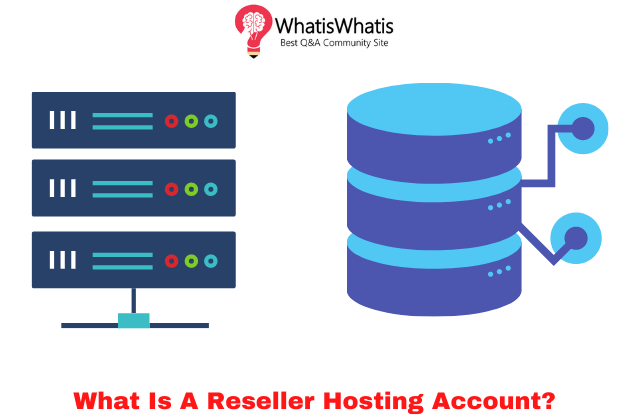Reseller hosting is a service offered by web hosting companies that allow individuals or businesses to lease wholesale web hosting services and sell them as their own. In general, the way it works is you sign up with a reliable host, create a reseller account, add your own branding and then create packages to sell your web hosting to clients.
The main advantage of reseller hosting is that you don’t have to manage or maintain the hosting software or hardware. Additionally, some web hosts have the software already set up to make it easy for you to create reseller packages, such as cPanel and WHM. With this software, all you need to do is create an account for every new customer you get.
Read more: How to Buy Domain, hosting and Install WordPress with Hostgator?
Typical Features of Reseller Packages
Most hosting companies will offer packages to help you resell their services. Here are some of the features that these packages usually contain:
- Disk space
- Bandwidth
- Account management
- Domain hosting
The parent company will also allow you to advertise their resources and features as your own. So, for example, you can tell clients about control panels, monitoring tools, and email account management.
Pros of Reseller Hosting Accounts
You Don’t Need Technical Expertise
All the tasks related to the server, including updates, maintenance, connectivity, security, etc., are taken care of by the parent web hosting company that you’re renting the server space from. Therefore, you don’t need to have any technical expertise. Furthermore, because you don’t need to worry about the technical side of things, you can focus more on the business side of reseller hosting.
Learn more: How Cloud hosting Works and What Are Its Advantages?
Inexpensive Way to Get Into the Web Hosting Business
Reseller hosting plans are relatively cheap, so they’re a good way for people to get into the web hosting business. Additionally, you save money because you don’t need to pay for server infrastructure, technology, or equipment.
Profit Opportunities
In addition to making a profit from reselling web hosting, you can make an additional income by selling add-ons like domain registrations, dedicated IP addresses, or SSL certificates.
Cons of Reseller Hosting Accounts
Lack of Technical Support for Your Clients
In general, the parent hosting company won’t provide technical support for your clients. Therefore, you’ll need to set up your own support system for dealing with customer issues. If you neglect to do this, you’ll have unhappy customers, which could ruin your business.
Dependence on Parent Web Host
Your reseller hosting business is only as good as the quality of the parent web host you choose. Therefore, if their server regularly goes down, or if they experience an abundance of technical issues, it will be your name and business that get dragged through the mud.
Check these: Key Features Of A Brilliant WordPress Hosting Setup
Difficult to Change Providers
If your hosting provider isn’t up to snuff and you want to change, you’ll have to shift all your clients’ data. Unless you have a VPS or dedicated server, this will be incredibly difficult to do.
How to Start a Reseller Hosting Business?
Step One: Determine Who Your Target Audience Is
If you already have a business that reseller hosting can complement, you can sell web hosting to clients you already have. However, if you’re starting from scratch, you’ll need to decide what kind of people you’ll cater to. Deciding this will give you a focus for your marketing efforts. It will also help you build your packages that address the needs of the audience you’re targeting.
Know more: Reasons to Upgrade Your Old hosting Plan to Linux Web hosting
Step Two: Select Your Hosting Provider
The hosting provider that you choose is vital to the success of your business. After all, you’re using their hosting service and marketing it as your own, so you need it to be reliable and fast. Additionally, you want to make sure it has the features you want for your clients. Therefore, you need to do your research. Start by reading reviews, testing out their customer support, and comparing pricing models.
Step Three: Decide How Much You’ll Charge
Setting the price for your hosting is important. If you price your packages too high, you won’t attract many customers. However, if you set your prices too low, you’ll incur a loss. Therefore, you need to set your prices so that you can get customers and make a profit.
Step Four: Market Your Business
The only way to find clients is to market your business. Start by creating a website and adding relevant information to be found by search engines. Then build a social media presence and choose a few marketing channels to use.
Also Read: Know Something About Business Email hosting and its Benefits
Conclusion:
A reseller hosting account lets you sell web hosting services that you lease from a parent company. The benefit of this is that you don’t have to worry about the technical side of web hosting.





Leave a comment